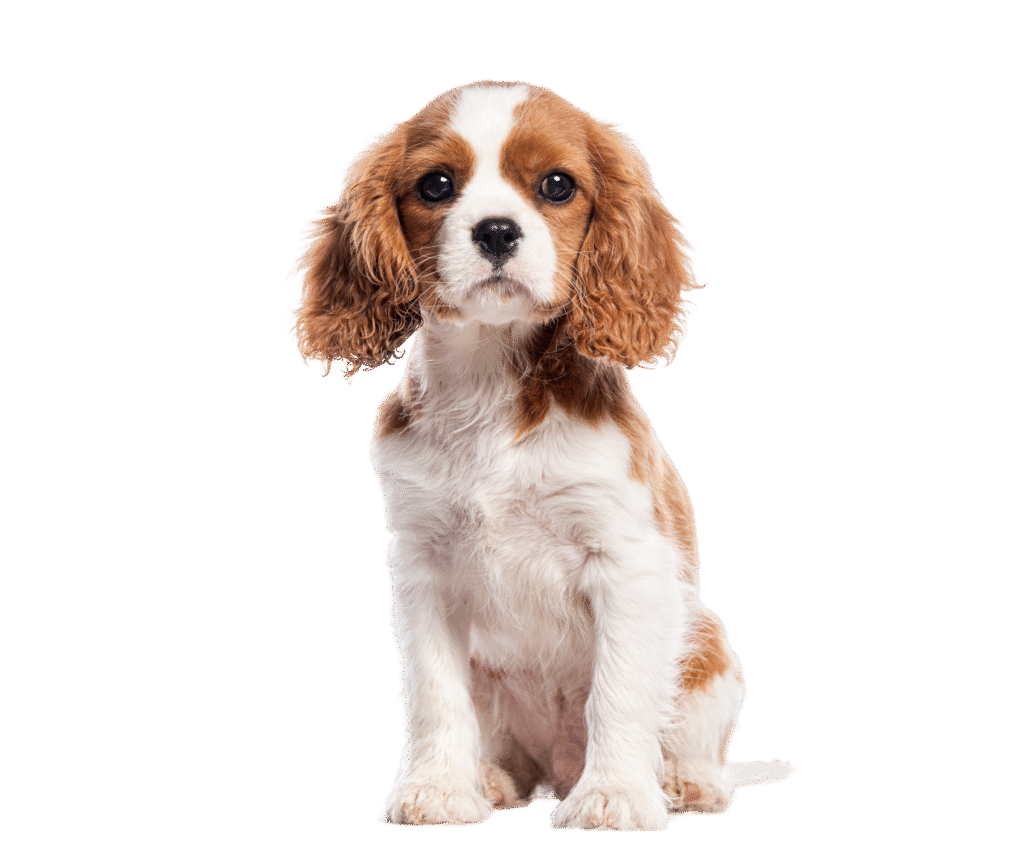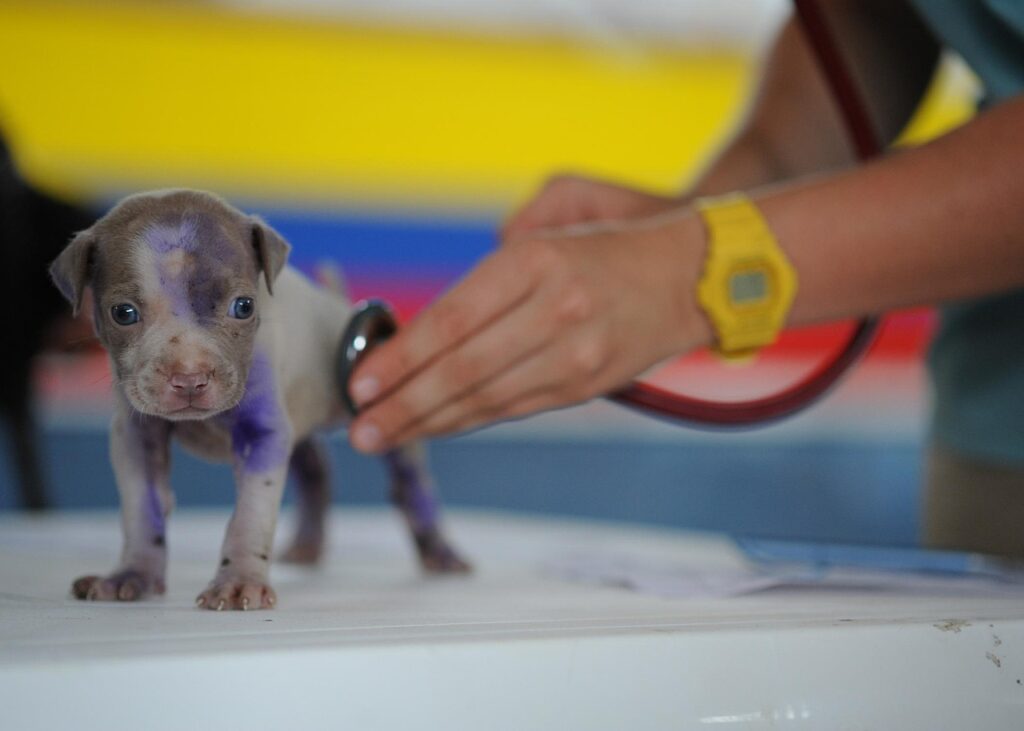After You Get your new puppy
First Day Home
1. The first day can be overwhelming for your puppy. Keep the atmosphere calm and quiet to help them adjust.
2. Introduce Their Space: Show your puppy their designated area, including their crate, bed, and toys.
3. Begin a Routine: Start establishing a feeding, potty, and sleep routine to help your puppy feel secure.
Socialization and Training
1.Socialization: Expose your puppy to different sights, sounds, people, and animals to help them become well-adjusted.
2. Basic Commands: Start with basic commands like sit, stay, come, and down. Keep training sessions short and positive.
3. Puppy Classes: Consider enrolling in a puppy class for socialization and training under the guidance of professionals.
Building a Strong Bond
1. Building a Strong Bond
2. Quality Time: Spend quality time together to strengthen your bond. This includes cuddling, gentle play, and just being together.
3. Trust and Respect: Build a relationship based on mutual trust and respect. Understanding and meeting your puppy’s needs will help achieve this.
To learn more about our facilities, Check out our Youtube channel!
Leave a review on our Facebook or Mention us on Insta!
Puppy proofing
1. Puppy-Proof Your Floors
Puppies are curious little explorers, and they’ll definitely be sniffing, chewing, and maybe even licking your floors. Make sure to clean up any small items that could be dangerous, like loose change or socks. You’ll also want to remove any cords or cables that are lying around puppies love to chew on these, and it’s a major safety hazard!
2. Create a Safe Zone
Set up a puppy-friendly space in your home where your new furball can feel safe and secure. This might be a cozy crate or a puppy-proofed room with their bed, toys, and water bowl. Giving them a safe spot helps keep them out of trouble when you’re not able to supervise directly.
3. Hide Toxic Household Items
From cleaning supplies to plants, some common household items can be toxic to puppies. Make sure any potentially harmful substances (like bleach or certain houseplants) are out of reach. Lock up cabinets if you can, and consider using non-toxic products whenever possible.
4. Chew Toys Are Your Best Friend
Puppies love to chew it’s how they explore their world! To save your furniture, shoes, and everything else in sight, stock up on a variety of chew toys. Rubber toys, bones, and plushies will help redirect their energy away from your favorite pair of sneakers.

Lastly…
Puppies are known for squeezing into small, hidden areas they shouldn’t be in. Whether it’s behind your couch or into the space under the stairs, you’ll want to block off these little hideouts before your puppy discovers them. A few well-placed baby gates can work wonders to keep them SAFE and out of trouble.

Health Monitoring:
Monitor Appetite and Water Intake (First 72 Hours)
When you bring your new puppy home, it’s important to keep an eye on their eating and drinking habits. A sudden change in environment can affect their appetite, but make sure they’re eating enough and drinking plenty of water. If your puppy refuses food or water for more than 24 hours, or if they show signs of lethargy, it’s worth calling the vet for advice.
Observe Their Bathroom Habits (First 72 Hours to First Few Weeks)
Pay close attention to your puppy’s bathroom habits in the first few days. Frequent urination and bowel movements are normal, but if you notice diarrhea, vomiting, or any signs of discomfort (like straining), this could indicate a digestive issue or infection. Keep track of their poops, and if something seems off, don’t hesitate to reach out to your vet.
Check for Parasites (First Few Weeks)
When you first bring your puppy home, be mindful of parasites like fleas, ticks, and worms. Puppies are especially susceptible to intestinal worms, so schedule a vet check-up to ensure they’ve received their first round of deworming. Keep an eye on your puppy’s skin and coat for any signs of external parasites, such as itching or hair loss.
Watch for Lethargy or Unusual Behavior (First Few Weeks to First Few Months)
In the first few weeks, it’s normal for your puppy to sleep a lot, but you’ll also want to watch for any signs of lethargy or sudden changes in behavior. If your puppy seems unusually tired, is not playing as much, or shows signs of pain (like whimpering or limping), it could be a sign of an underlying health issue. Consult your vet if you’re concerned.
Vet Visits and Vaccination Schedule (First Few Months)
The first few months of your puppy’s life are critical for their health and vaccination schedule. Make sure to keep up with your vet appointments, as puppies require a series of vaccinations to protect them from diseases like parvo and distemper. Your vet will also check for early signs of conditions like hip dysplasia and heart murmurs, so regular visits are crucial to keeping them on the path to a healthy, happy life.
Make a deposit
Don’t want to pay in full? Click a puppy and make a deposit to reserve yours today!
